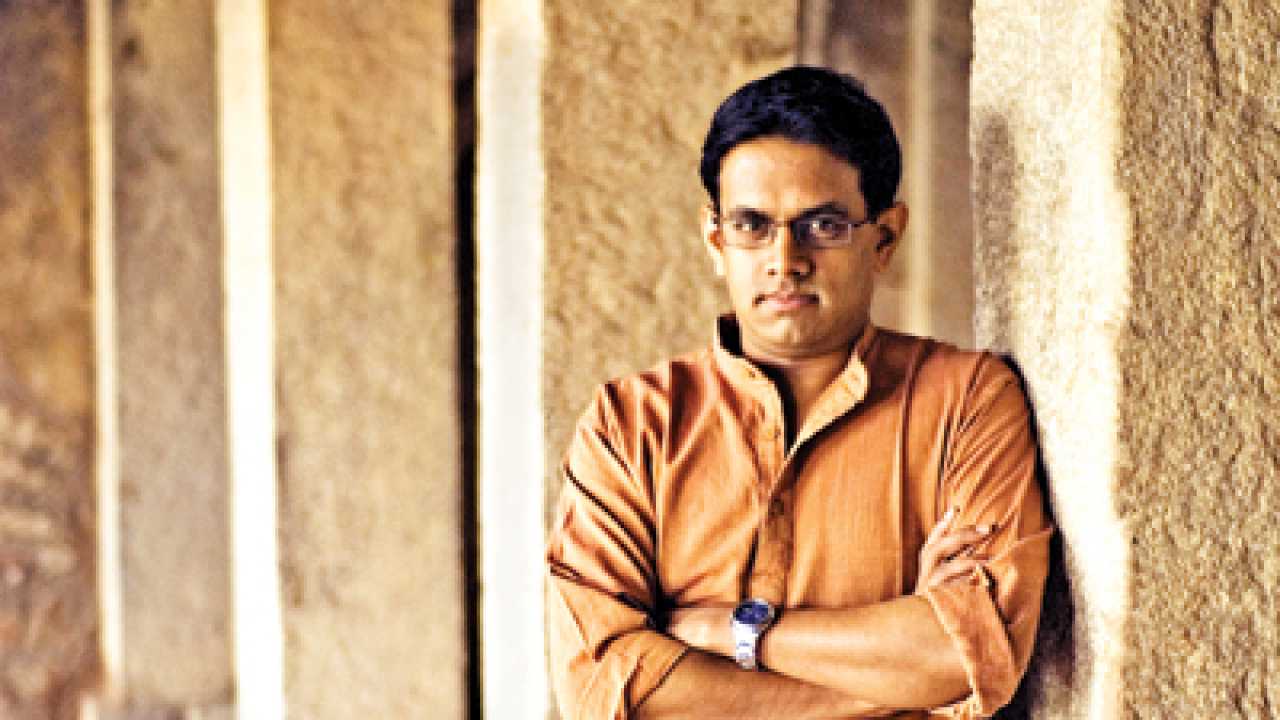
You are predominantly a political writer. What made you choose fish as the subject for your first book?
Actually, my journalism career has involved writing about many subjects; politics is only one of these. I'm primarily interested in telling stories at length and in depth, with strong narratives – and really, that interest can be applied to any subject under the sun. For this book, Penguin had wanted a travelogue along the Indian coast, and it struck me that I could use fish as my lens for looking at life along the coast. Fish is at the heart of so many worlds in these parts. It was a natural fit.
Following Fish: Travels Along the Indian Coast runs around a central theme. How is this style of writing different from the one that incorporates several ideas in a single book?
You will notice that even if my theme is constant, my ideas are different in each chapter. I deal with religion, history, food, environment, culture and politics. Each chapter is a stand-alone essay, but the book comes together because the chapters are all wrapped around that central theme, like vines around a tree.
There is an interesting phrase in the initial pages - 'a discoverer of people, a finder-out of stories'. It's essentially what every good journalist aspires to be. What's the key to becoming that?
Primarily, you have to be curious, and you have to be willing to listen. It involves subsuming yourself in a way; your life and your concerns become much less important. Is curiosity something you're born with? I find, for my part, that reading a lot only spurs my curiosity. I get curious in idle moments, I people watch, I wonder about the lives of the people I'm watching. These are all fairly writerly qualities, if one may use that word.
You have spoken about travel writing's essence being shifting the nature of truth and destroying preconceived notions. Which one of your personal notions did your travel break?
We always think of India as a land of such diversity that I thought life along the coast must be vastly different in different places. And it was, in several ways. But one thing I did discover was the sameness of these lives as well - their worries, their priorities, their histories. That interaction between land and sea shapes human culture in very definite and identifiable ways, and these ways are common across the coast.
What were the similarities between the various fishermen communities that you visited? From Gujarat to Kerela, is there anything in particular that puts them in one box?
The relationship with the ocean. Part fear, part love, part dependency, part rebellion. That mix is consistent throughout.
Tell us about a splendid meal that you ate during your travels to various coastal areas of India?
The most memorable would have to be a fish curry I ate in Mangalore. It was in the house of a man I had only met the previous day; his daughter-in-law cooked it for me. She was a beautiful, beautiful woman, and I stood in the kitchen with her as she cooked. It was magnificent. Just the right amount of spice, a silk-smooth gravy, great fish. I sat on a stool in her kitchen and ate it out of a bowl,
with nothing else on the side.
You have spoken about how fish has social, economic and cultural significance beyond being food, but don't most things have these far-reaching effects?
Everything has similar effects. That is the kind of deeply and tightly woven world we live in. Trees have similar effects, so does milk, so do trains. I'm just citing random examples here, but you see my point. This is the wonder of the world, really - that we can select an element of it and use it to peel layers of the world away in so many different ways.
What is your advice to budding travel writers who think it's solely about travelling?
Learn to see. Looking is different from seeing. Seeing is an active technique. It involves concentration and mental focus and curiosity, and once you bring these to bear upon your surroundings and the people around you, you'll see that they start to open up in unusual ways. Follow your own curiosities. What intrigues you may not intrigue someone else. Get off the beaten path. It's all right to be a little apprehensive - that means you're stepping out of your zone of familiarity.